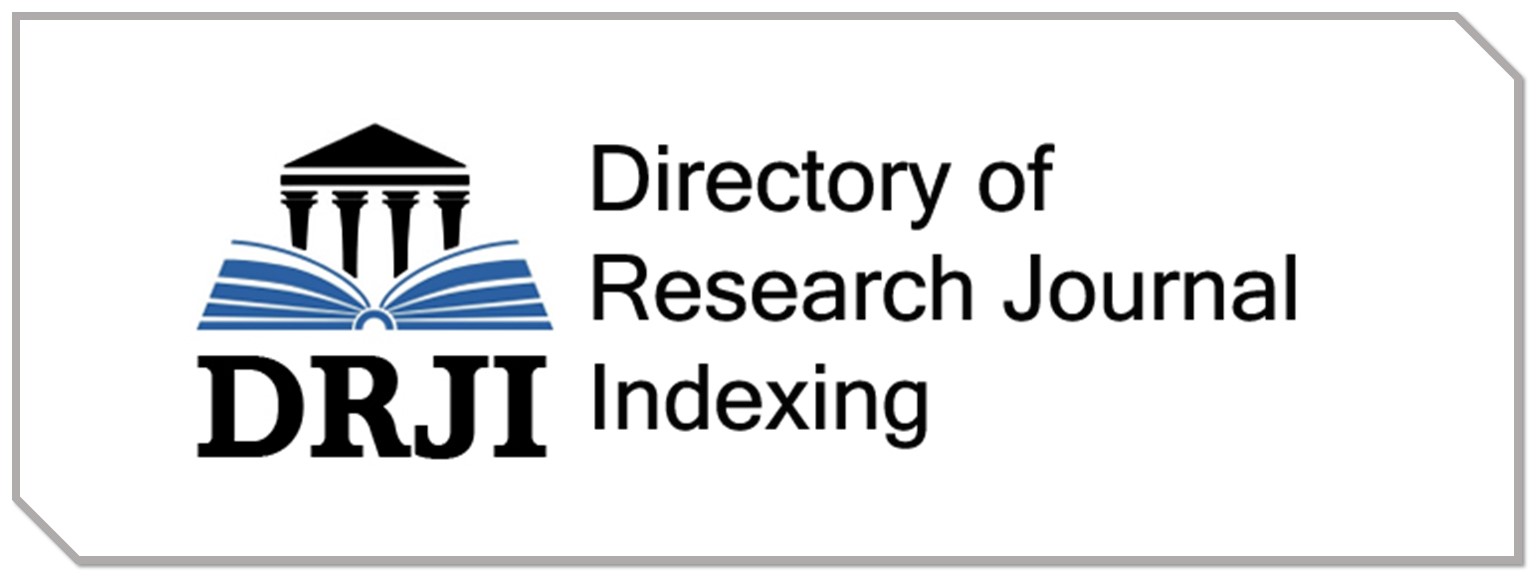Analytical Study of the Vitality of Conscience for Working Administrators in the Education Directorates in the Southern Governorates
Keywords:
vitality of conscience, Working administratorsAbstract
Conscience is considered one of the important moral values that has great positive effects on the individual and society. It enables a person to distinguish between right and wrong, truth and falsehood, and contributes to achieving important accomplishments for working administrators by directing them towards specific goals. People with a vital conscience are characterized by their serious commitment to work and the ability to make an effort to achieve goals.The research aims to prepare a scale for the vitality of conscience among administrators working in the education directorates in the southern governorates, and to identify the level of this trait among them. The researcher used the descriptive survey method, and the research community included 961 administrators distributed among the education directorates in the governorates of: (Basra, Maysan, Dhi Qar, Diwaniyah, Muthanna). A random sample of 162 administrators was selected. The applied scale included 38 paragraphs distributed over 6 areas: efficiency, organization, sense of duty, struggle for achievement, self-discipline, and deliberation, and the answers were multiple choices (always, often, sometimes, rarely, never). The results showed that the research sample has a high degree of vitality of conscience in all areas. The researcher recommended that senior management in the Ministry of Education pay attention to this variable during development courses, and also assign important tasks to working administrators with a living conscience due to their efficiency, honesty, and seriousness in work.










